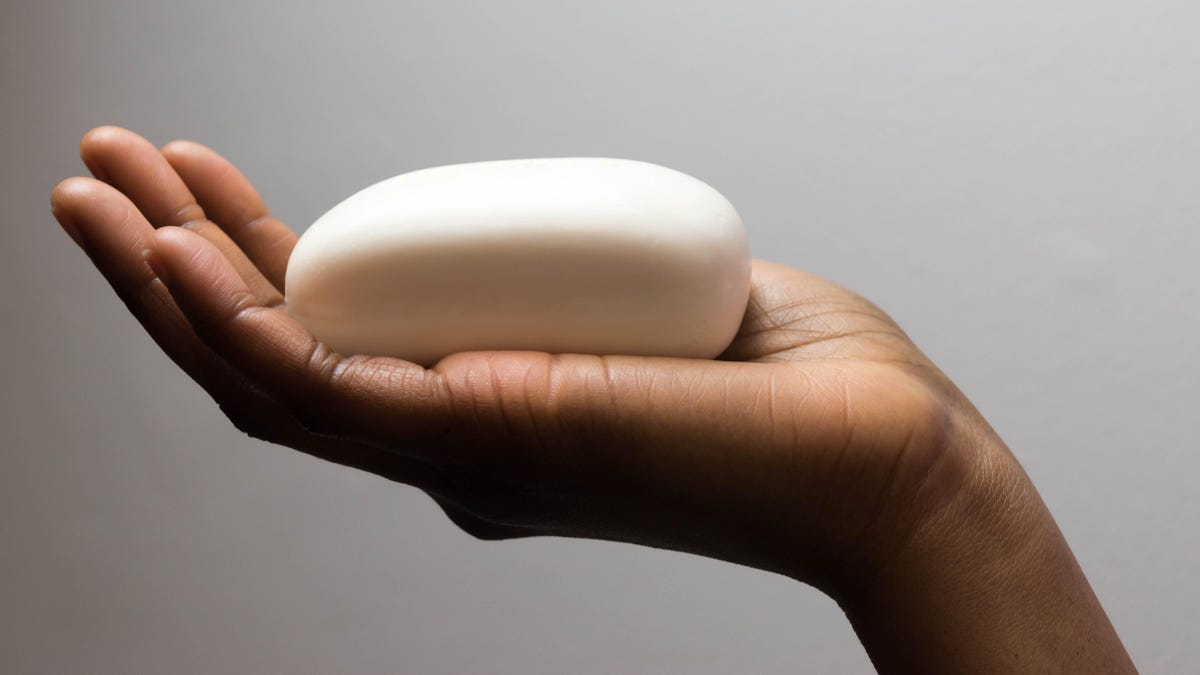The pioneering work of physicist Stephen Hawking is honored in a Google Doodle today (Jan. 8), including a video with Hawking’s quotes concerning everything from cosmology to disability.
On what would have been Hawking’s 80th birthday, the cosmologist was cited not only with his work in probing the fate of the universe and the nature of black holes, but also his quick wit, his ability to engage popular audiences around the world, and his living example to people with disabilities.
“Today’s video Doodle celebrates one of history’s most influential scientific minds, English cosmologist, author, and theoretical physicist Stephen Hawking,” Google said in a statement about the Doodle, which was created by Matthew Cruickshank.
“From colliding black holes to the Big Bang,” Google added, “his theories on the origins and mechanics of the universe revolutionized modern physics while his best-selling books made the field widely accessible to millions of readers worldwide.”
Related: Famous Stephen Hawking theory about black holes confirmed

Stephen William Hawking was born in England on Jan. 8, 1942, 300 years to the day after the death of the astronomer Galileo Galilei. While studying cosmology (or the universe’s history and composition) in 1963 at the University of Cambridge, Hawking was diagnosed with motor neuron disease, more commonly known as Lou Gehrig’s disease or amyotrophic lateral sclerosis (ALS).
Hawking, then just under 21 years old, was only expected to live two more years, but he completed his doctorate in 1965 and continued his work at Cambridge. Just nine years later, Hawking discovered that particles could escape black holes. The 1974 discovery of Hawking radiation “is widely considered his most important contribution to physics,” Google said of the scientist.
In 1979, Hawking was appointed Lucasian Professor of Mathematics at Cambridge, the most famous academic chair in the world. His career work also covered aspects of the ending of the universe, as well as Albert Einstein‘s Theory of General Relativity.

Hawking eventually shifted his activities to a wheelchair, and in 1985, lost his speech due to an emergency tracheometry. For the rest of his career, a speech-generating device made at Cambridge, along with a software program, became his electronic voice. (Hawking picked the words he wanted to use, using muscles in his cheek.)
You can hear Hawking’s now-famous voice in a YouTube video (Google owns YouTube) accompanying the Google Doodle, which replays some of the cosmologist’s most notable phrases. One of the included quotes is his pithy observation of how his life turned out: “My expectations were reduced to zero at 21. Everything since then has been a bonus.”
Later in his career, Hawking authored numerous popular books and appeared frequently in the media, including appearances on “Star Trek: The Next Generation” and a cameo on the television show “Big Bang Theory.”
Hawking died at his Cambridge home on March 14, 2018, at the age of 76. “His courage and persistence, with his brilliance and humour, inspired people across the world,” children Lucy, Robert and Tim said in a statement at the time.
Follow Elizabeth Howell on Twitter @howellspace. Follow us on Twitter @Spacedotcom and on Facebook.
Join our Space Forums to keep talking space on the latest missions, night sky and more! And if you have a news tip, correction or comment, let us know at: community@space.com.

Elizabeth Howell, Ph.D., is a contributing writer for Space.com since 2012. As a proud Trekkie and Canadian, she tackles topics like spaceflight, diversity, science fiction, astronomy and gaming to help others explore the universe. Elizabeth’s on-site reporting includes two human spaceflight launches from Kazakhstan, and embedded reporting from a simulated Mars mission in Utah. She holds a Ph.D. and M.Sc. in Space Studies from the University of North Dakota, and a Bachelor of Journalism from Canada’s Carleton University. Her latest book, NASA Leadership Moments, is co-written with astronaut Dave Williams. Elizabeth first got interested in space after watching the movie Apollo 13 in 1996, and still wants to be an astronaut someday.
Note: This article have been indexed to our site. We do not claim legitimacy, ownership or copyright of any of the content above. To see the article at original source Click Here











